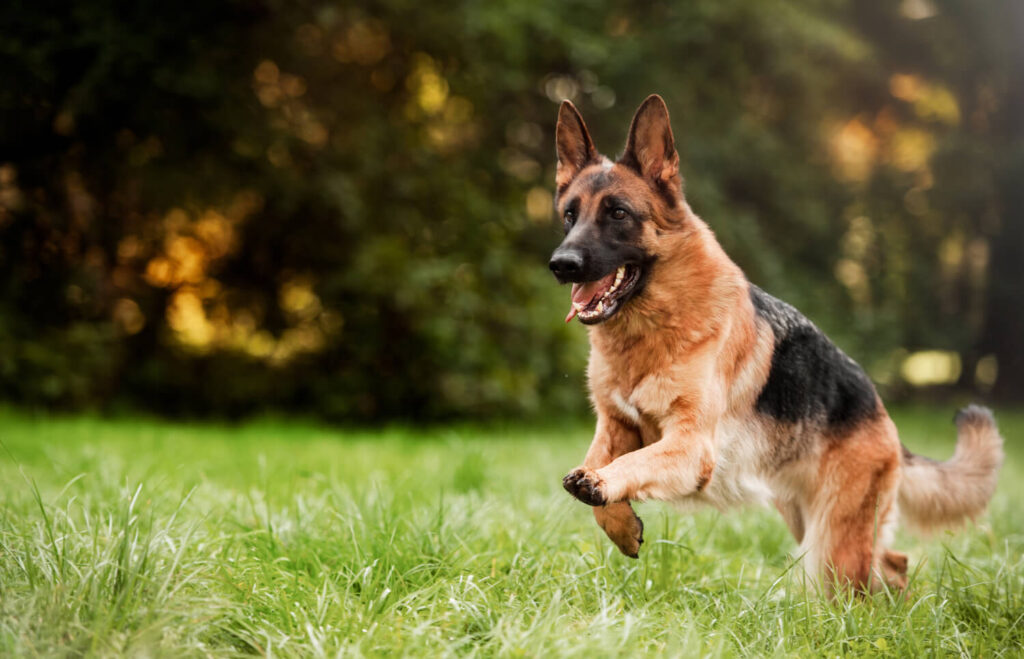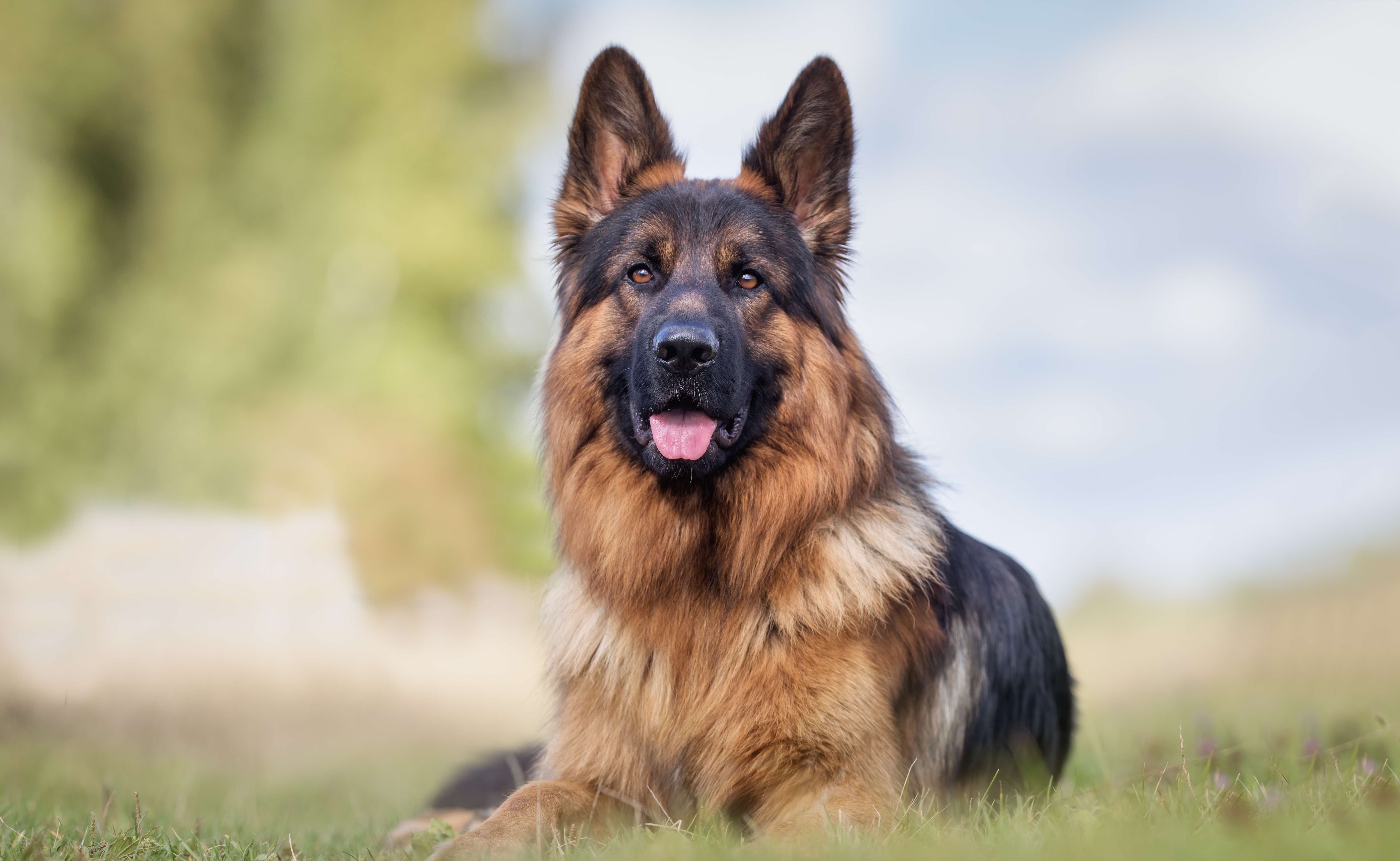
German Shepherd Socialization Guide for Health-Conscious Owners
Share
The journey of raising a German Shepherd is both rewarding and challenging, particularly when it comes to socialization. As a health-conscious pet owner, understanding the intricacies of a German Shepherd socialization guide is crucial for fostering a well-rounded and healthy dog. This guide aims to provide you with comprehensive insights into socializing your German Shepherd, ensuring it grows into a confident and friendly companion.
German Shepherds are known for their intelligence, loyalty, and protective nature. However, without proper socialization, these traits can sometimes lead to behavioral issues. It's essential to start the socialization process early and incorporate various strategies to ensure your dog is comfortable in different environments and with different people and animals.

Understanding the Importance of Socialization
Socialization is the process of exposing your dog to different experiences, people, and other animals in a controlled and positive way. For German Shepherds, this is particularly important due to their natural protective instincts. Proper socialization helps them differentiate between normal situations and potential threats, reducing anxiety and unwanted aggressive behaviors.
As a health-conscious owner, you're likely aware of the impact of stress on your pet's overall well-being. According to the Petfinder, a well-socialized dog is generally healthier, as it experiences less stress and anxiety, which can lead to a stronger immune system and a longer lifespan.
When to Start Socializing Your German Shepherd
It's never too early to start socializing your German Shepherd. Ideally, the process should begin at around three weeks of age and continue throughout their life. Early socialization is crucial as it sets the foundation for your dog's behavior and health. Puppies are more adaptable and open to new experiences, making it easier to introduce them to different stimuli.
However, if you've adopted an older German Shepherd, don't worry. With patience and consistency, older dogs can also be successfully socialized. It's essential to start at a comfortable pace for your dog and gradually introduce new experiences.
Socialization Techniques and Tips
There are several techniques and tips that can help in the socialization of your German Shepherd. Here are some effective methods:
- Exposure to Different Environments: Take your German Shepherd to various places, such as parks, pet stores, and busy streets. This exposure helps them become comfortable with different sights, sounds, and smells.
- Introduce to Different People and Animals: Socialize your dog with people of different ages, sizes, and ethnicities. Similarly, introduce them to other dogs and animals to teach them how to interact appropriately.
- Enroll in Obedience Classes: Enrolling your dog in obedience classes can be beneficial for both training and socialization. Check out our guide on leash training German Shepherd to complement their obedience training.
- Use Positive Reinforcement: Reward your German Shepherd with treats and praise for positive interactions and calm behavior. This reinforces good behavior and encourages them to continue behaving well in social situations.
Common Socialization Challenges
While socializing your German Shepherd, you might encounter some challenges. It's essential to recognize these issues and address them appropriately:
Fear and Anxiety: Some German Shepherds may be naturally more fearful or anxious. In such cases, it's important to proceed slowly and be patient. Avoid forcing your dog into situations that cause distress and instead create positive associations with new experiences.
Aggression: Aggression can be a result of inadequate socialization or negative past experiences. If your dog shows signs of aggression, consider seeking assistance from a professional dog trainer or behaviorist. Our article on German Shepherd obedience training offers additional resources for managing aggressive behaviors.
The Role of Health in Socialization
Your German Shepherd's health plays a significant role in successful socialization. A healthy dog is more likely to be active and open to new experiences. Regular veterinary check-ups, a balanced diet, and adequate exercise are all crucial components of maintaining your dog's health. This ensures they're physically capable of participating in socialization activities.
Additionally, mental stimulation is vital for German Shepherds. Engage your dog in activities that challenge their mind, such as puzzle toys and training exercises. Our comprehensive guide on training a German Shepherd puppy includes tips for mental stimulation.
Embrace the Journey
Socializing your German Shepherd is a journey that requires time, patience, and dedication. However, the rewards are immense. A well-socialized German Shepherd is not only a joy to be around but also a testament to your efforts as a health-conscious pet owner.
By following this German Shepherd socialization guide, you're taking significant steps towards ensuring your dog leads a happy, healthy, and socially enriched life. Remember, every dog is unique, so tailor your socialization approach to suit your German Shepherd's individual needs and personality.

FAQ
How often should I socialize my German Shepherd?
Socialization should be an ongoing process. Regular exposure to new experiences is key to maintaining your dog's social skills.
What if my German Shepherd shows fear during socialization?
Proceed slowly and avoid forcing your dog into situations that cause distress. Positive reinforcement and patience are crucial in overcoming fear.
Can older German Shepherds be socialized?
Yes, older German Shepherds can be socialized with patience and consistency. It's important to start at a comfortable pace for your dog.
This article contains affiliate links. We may earn a commission at no extra cost to you.
